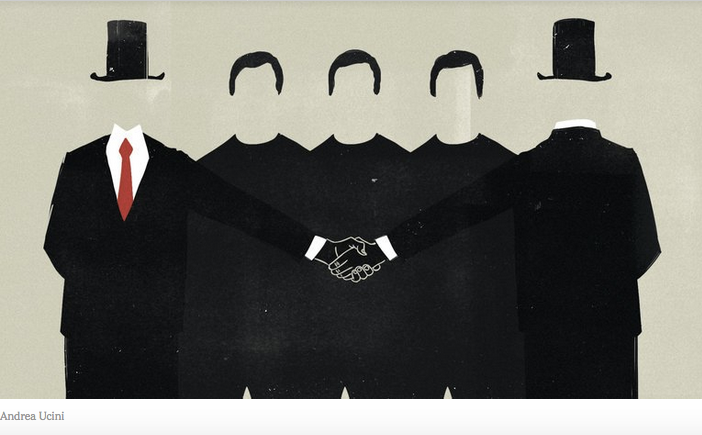After President Trump signed the Republican tax cut into law, companies put out cheery announcements that they were giving workers bonuses because of their expected windfalls from the tax reductions. The president and Republican lawmakers quickly held up these news releases as vindication for their argument that cutting the top federal corporate tax rate to 21 percent, from 35 percent, would boost workers’ incomes even as it added $1.5 trillion to the debt that future generations would have to pay off.
Now corporate announcements and analyst reports confirm what honest observers always said — this claim is pure fantasy. As executives tell investors what they intend to do with their tax savings and their spending plans are tabulated into neat charts and graphs, the reports jibe with what most experts said would happen: Companies are rewarding their stockholders.
Businesses are buying back shares, which creates demand for the stocks, boosts share prices and benefits investors. Some of the cash is going to increase dividends. And a chunk will go to acquiring other businesses, creating larger corporations that face less competition.
In addition to benefiting investors, these maneuvers will end up boosting the pay of top executives because their compensation packages are often tied to the price of their companies’ stock. Finally, a small sliver of the money will find its way into paychecks of rank-and-file employees, but it won’t be a big boost and will probably come in the form of a temporary bonus, rather than a lasting raise.




